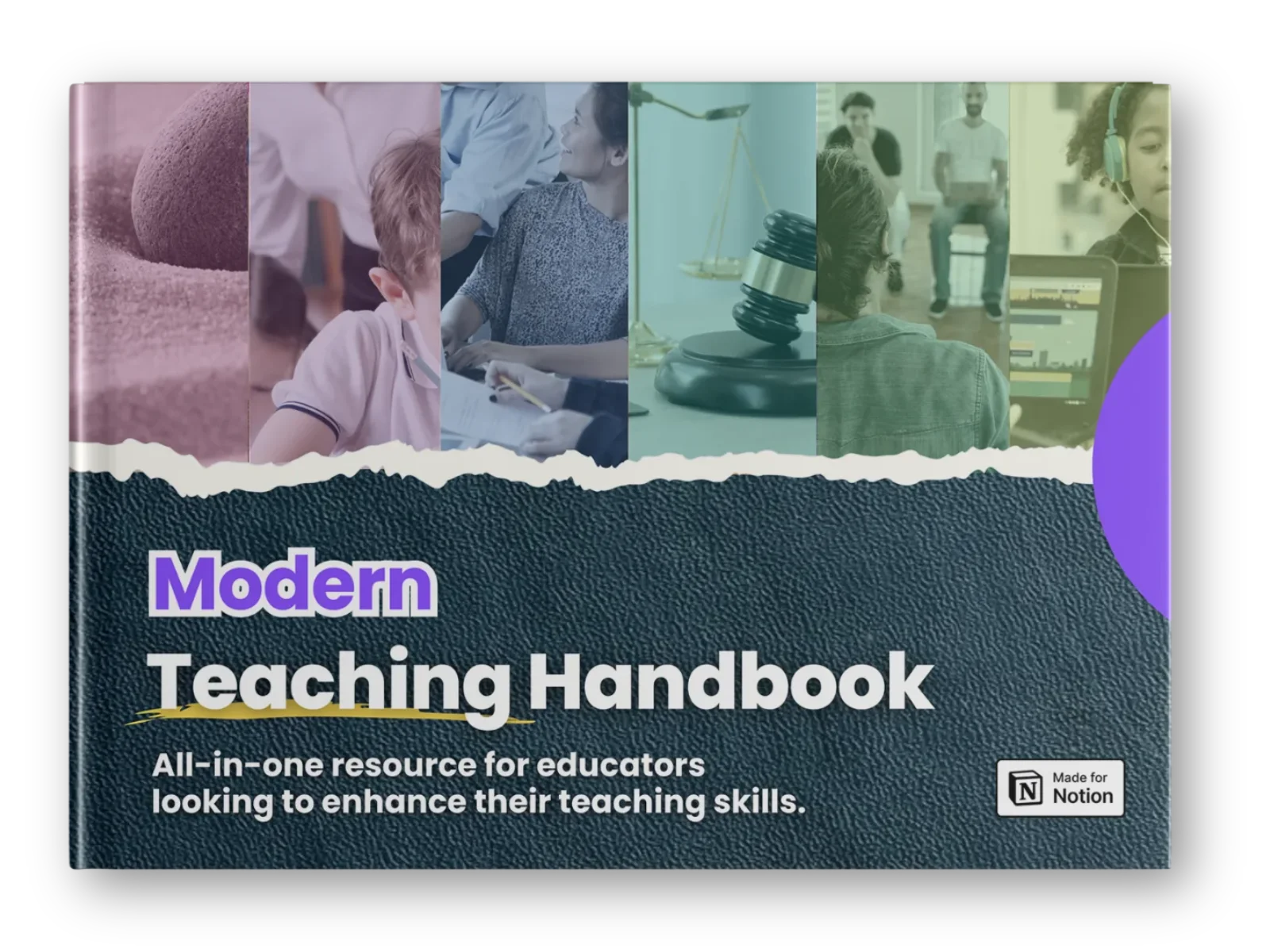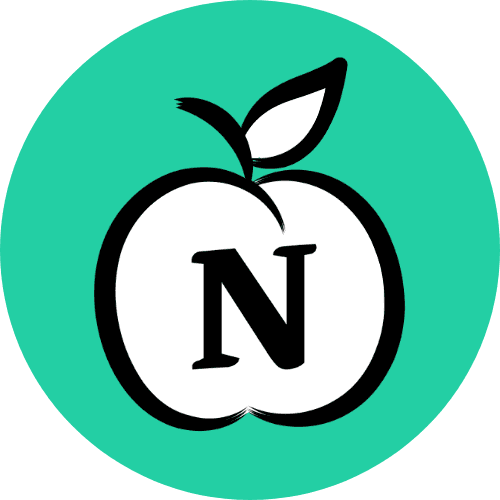
Beyond the Numbers: The Real Benefits of Maths Challenges

Article by
Milo
ESL Content Coordinator & Educator
All Posts
Mathematics is often viewed as a subject of rigid formulas and precise calculations. However, beyond numbers and equations, maths challenges provide students with a dynamic learning experience that cultivates problem-solving, critical thinking, and resilience. Schools that incorporate structured mathematical competitions into their curriculum not only enhance students’ academic abilities but also nurture lifelong skills essential for success in any field.
Modern Teaching Handbook
Master modern education with the all-in-one resource for educators. Get your free copy now!

Table of Contents
Encouraging Critical Thinking and Problem-Solving
Boosting Confidence and Academic Performance
Cultivating a Love for Mathematics
Preparing Students for Real-World Applications
Encouraging Healthy Competition and Collaboration
Recognizing and Rewarding Talent
An Inclusive Approach to Mathematics
•
Beyond The Classroom
Encouraging Critical Thinking and Problem-Solving
Participating in maths challenges requires students to move beyond rote memorization and engage in logical reasoning and creative problem-solving. Unlike traditional classroom exercises, which may focus on standard procedures, these challenges demand innovative approaches to unfamiliar problems. Students develop the ability to break down complex questions, analyze patterns, and apply theoretical knowledge in practical ways—skills that are highly valued in STEM careers and beyond.
Boosting Confidence and Academic Performance
Success in a maths challenge can significantly boost a student’s confidence in their mathematical abilities. When students are exposed to questions that stretch their thinking, they learn to embrace challenges rather than fear them. This mindset shift fosters a growth mindset, where effort and perseverance lead to improvement. Additionally, research suggests that students who participate in academic competitions perform better in standardized tests, as they become accustomed to tackling a wide range of problem types under timed conditions.
Cultivating a Love for Mathematics
Traditional classroom settings sometimes struggle to ignite enthusiasm for mathematics. However, maths challenges introduce an element of excitement, making learning more engaging and enjoyable. Competitions provide students with a sense of achievement and motivation to explore mathematical concepts beyond their syllabus. When students find joy in solving problems, they are more likely to pursue further studies and careers in maths-related fields.
Preparing Students for Real-World Applications
Mathematics extends far beyond the classroom, with applications in economics, engineering, technology, and even creative industries. Participating in challenges exposes students to real-world problems that require analytical thinking, decision-making, and strategic planning. The ability to interpret data, reason quantitatively, and approach problems methodically is invaluable in many professional domains.
Encouraging Healthy Competition and Collaboration
Academic competitions foster a spirit of healthy competition, teaching students how to handle both success and failure. They learn to set goals, strategize, and push their limits—all while maintaining resilience. Additionally, while maths challenges are competitive in nature, many also encourage teamwork, where students collaborate to solve complex problems. This dual aspect of competition and cooperation mirrors workplace environments where professionals must balance independent thinking with teamwork.
Recognizing and Rewarding Talent
Maths challenges provide an excellent platform for recognizing students’ mathematical talents. Achievements in such competitions are often highly regarded by universities and scholarship committees, as they demonstrate a student’s ability to excel in an intellectually rigorous environment. Schools that facilitate participation in these challenges give their students an academic edge in future endeavors.
An Inclusive Approach to Mathematics
One of the misconceptions about maths competitions is that they are only for top-performing students. However, structured challenges cater to various skill levels, ensuring that every student can participate and benefit. Exposure to different problem types helps build mathematical intuition and fosters a more inclusive learning environment where all students can develop at their own pace.
A great way for students to engage in meaningful and rewarding maths competitions is through ICAS Maths, which challenges their critical thinking and problem-solving abilities in an exciting and structured format.
Beyond The Classroom
Math challenges are more than just a test of ability—they are a gateway to developing critical skills that students will carry with them for life. From problem-solving and perseverance to confidence and collaboration, these competitions offer a wealth of benefits that extend far beyond the classroom. By embracing mathematical challenges, schools can inspire students to view mathematics not as a daunting subject, but as an exciting opportunity to sharpen their intellect and unlock their full potential.
Modern Teaching Handbook
Master modern education with the all-in-one resource for educators. Get your free copy now!

Table of Contents
Modern Teaching Handbook
Master modern education with the all-in-one resource for educators. Get your free copy now!
All Posts
Continue Reading
2024 Notion4Teachers. All Rights Reserved.





